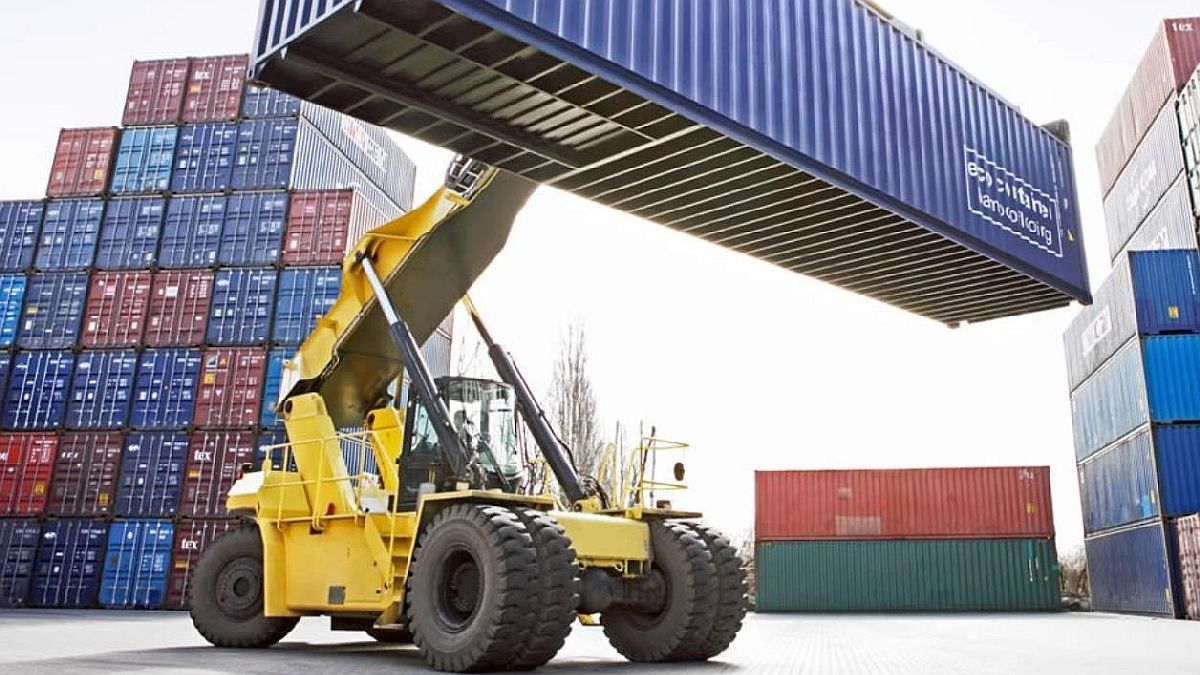The text of the affidavit that Ámbito was able to access includes a specification of the productive sector of the firm, the average monthly billing of the last year, the requirement for supplies and the percentage that these represent in the cost. At the same time, it details the raw material, the tariff position, the value and clarifies whether or not there is national production of that same good.
The idea of the industrialists is in this way to make the import operation transparent and avoid overstocking maneuvers that aim to take advantage of the exchange rate gap. “It is a job of the private sector to collaborate with the public sector. We promise to do it every thirty days. It is not conditioning or binding, it is a contribution so that imports are well directed. We want to collaborate, we believe that 25,000 companies will benefit from this,” Marcelo Fernández told this medium.
Yesterday in radio statements, Daniel Scioli referred to the issue of foreign purchases: “We have an analysis team and we are going to plan with each productive sector so that there are no speculative imports,” he said. Along these lines, he added: “We cannot lose sight of the fact that more is being imported due to energy purchases and the economic recovery. We are going to prioritize supplies and raw materials.”
In an exhausting day, the new Minister of Economy, Silvina Batakis, met with her counterpart from Productive Development and with the president of the Central Bank, Miguel Pesce. Official sources pointed out that it was “a work meeting to coordinate from the first day the productive work agenda focused on strengthening the national industry and Argentine work.”
Before the consultation of this medium, in the economic cabinet they confirmed that the trade administration policy was addressed as a priority issue. “It’s the theme. But it was the first day and they talked superficially. The idea is to look for possible alternatives forward to find some palliative”, they acknowledged.
In the Government they assure that the battery of measures announced to limit access to the Single Free Exchange Market brought a more proactive attitude on the part of large companies to seek external financing and commercial credit. However, they anticipate that to the extent that the situation allows it, they will seek to ease the restrictions.
Source: Ambito
David William is a talented author who has made a name for himself in the world of writing. He is a professional author who writes on a wide range of topics, from general interest to opinion news. David is currently working as a writer at 24 hours worlds where he brings his unique perspective and in-depth research to his articles, making them both informative and engaging.




